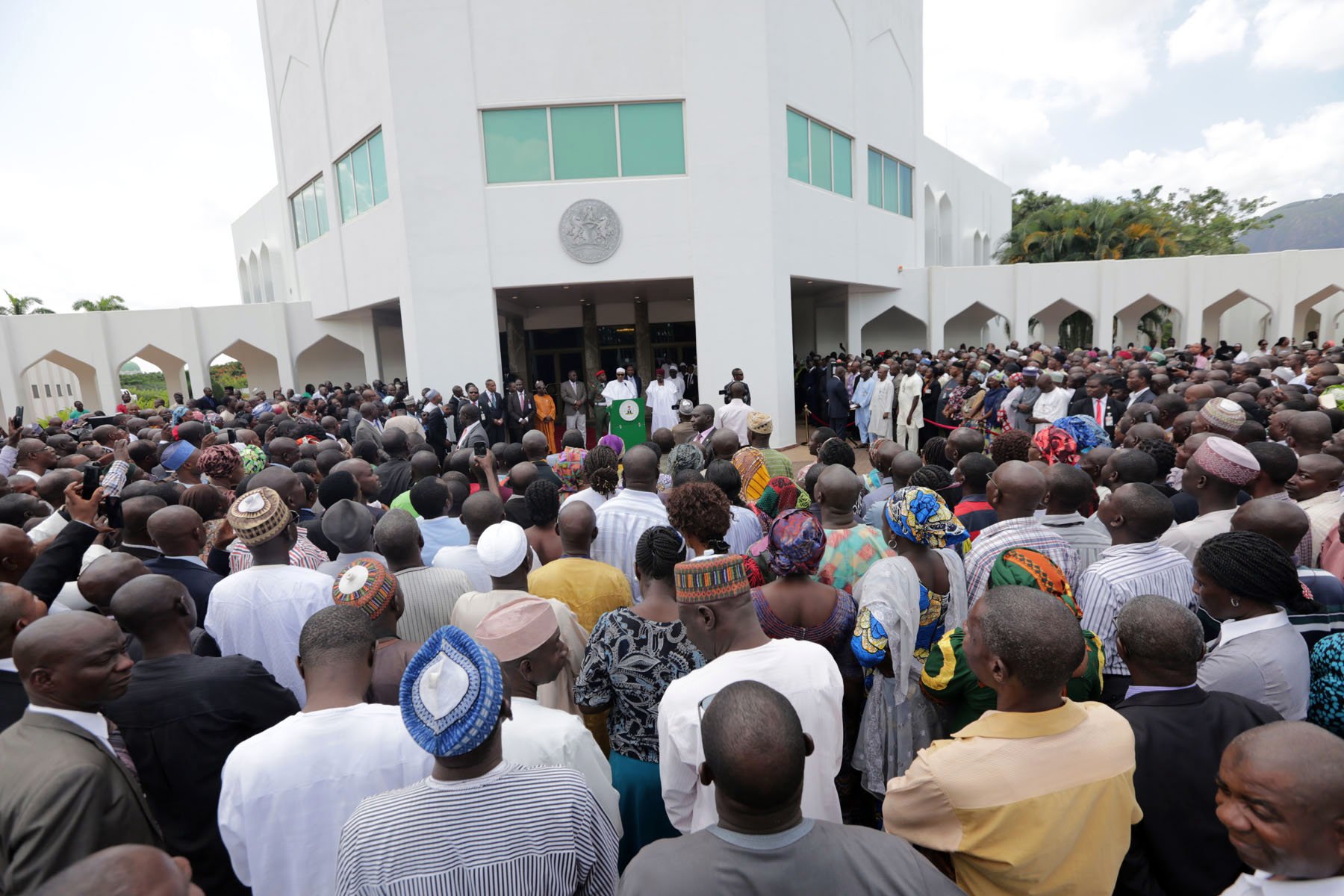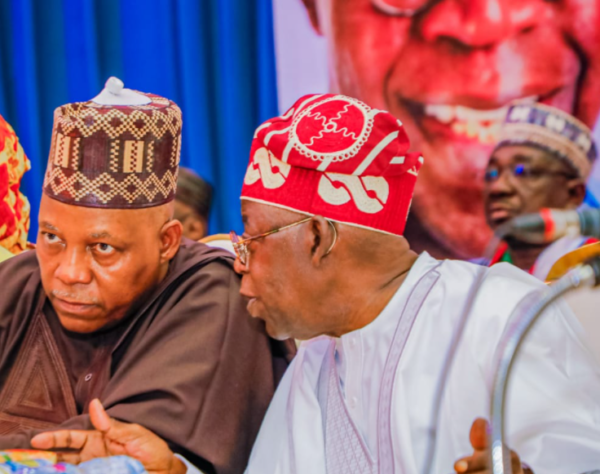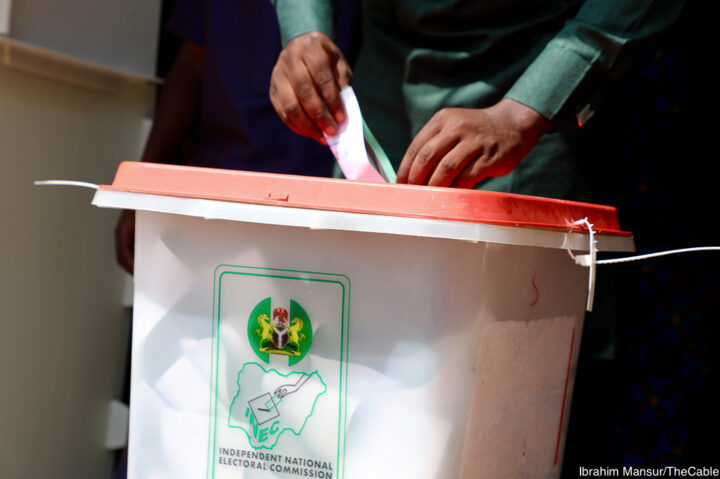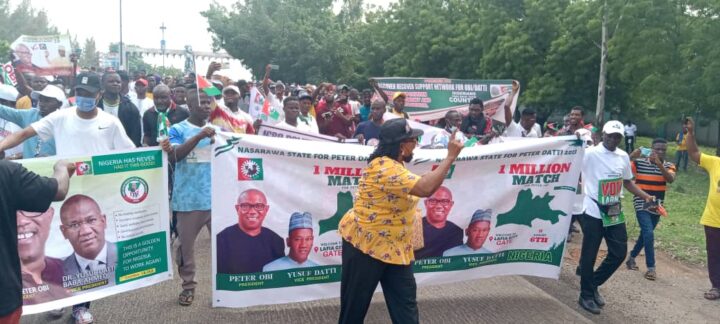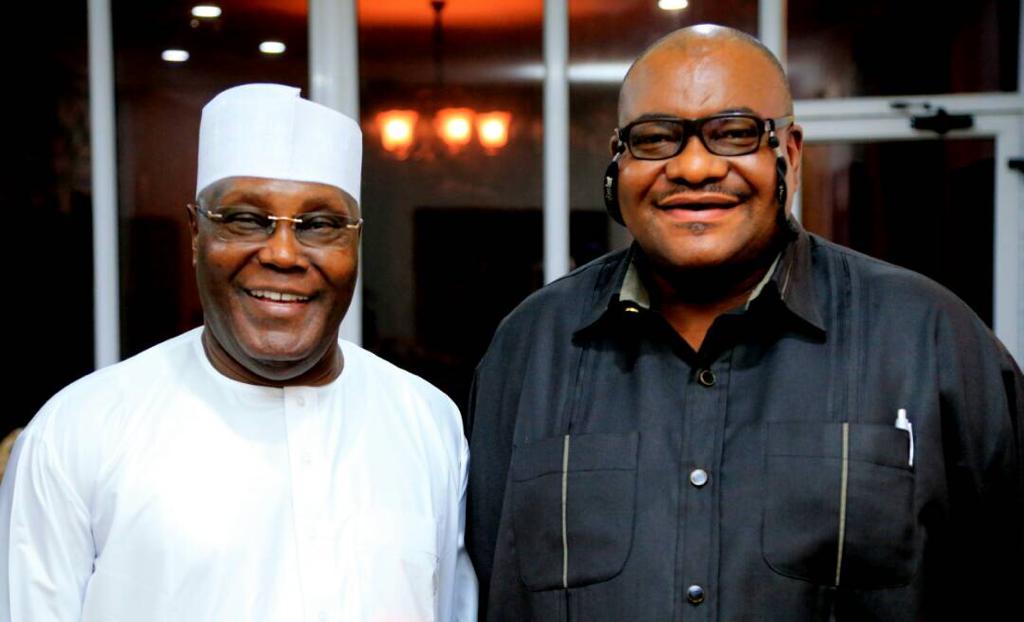Price is a signal. It is a signal that contains the sum of the efficiencies and inefficiencies that go into delivering a product to the people in an economy, and the demand and supply of that product. If the price of the same thing is different in two countries and we assume that demand and supply are the same, what it means is that the country with the lower price has solved many of the efficiency problems in delivering that thing that the country with the higher price is yet to figure out. This price, which encompasses all the inefficiencies from the inputs that go into making a product as well as its demand and supply is what we call the market price. So, the first lesson to learn is to listen to what the price is signalling and try to improve the inefficiencies, in order to drive prices down.
Typically, solving these efficiency problems uses one of, or a combination of – government policymaking, innovation (technology, tools, training, process), improvements in means of production, financing, security and perception management.
The temptation is usually to attempt to control prices. But except you control all the inputs and how efficient these inputs are when they go into making the product, all that fixing the price achieves is to transfer the differential cost from the real market price, if the fixed price falls below the market price, to whoever is attempting to fix the price. The world has become so interconnected that it is nearly impossible for any one country to fully control all the inputs of any of the items its people consume. Raw materials, tools, knowledge how and technology comes from all over the world for most things we consume now. So, fixing prices are more and more a pipedream in the globalized economy which is our current reality. Worse still, such price fixing masks the true inefficiencies the market price should signal, allowing the real work of fixing those inefficiencies by those responsible to be avoided and creating a scenario where a select few profiteer from these inefficiencies.
Consider this: in some countries, there are events such as Black Friday, huge shopping events in which the prices of goods actually come down, because various efficiencies in the system guarantee that such good would be available on the day, and in plenfitul quantities. In others, the Christmas and Eid sees the costs of goods rise, because inbuilt inefficiencies guarantee scarcity, and as such a few people would reap massive profits, while the most would gnash their teeth.
Advertisement
As you might have guessed, this is the story of Nigeria. Over the years, the number one policy position of the Nigerian government and its policymakers is to have control of the price of two commodities – petrol and the exchange rate of the Naira to the dollar – and to fix these prices to be exactly the same everywhere in the country, irrespective of the differences in the inputs for each place. Government after government have shown that they are ready to sacrifice everything else – payment of salaries, food prices skyrocketing, massive youth unemployment, quality of education, security of life, potential thriving industries, global disgrace – as long as they can maintain a semblance of control of the price of these two items. In doing this, they can avoid listening to the price signal concerning these two items. This is because the inefficiencies that the prices of the two items signify tug at the big problems any serious Nigerian government must solve.
The problem of course is that these two items happen to be the two things whose prices Nigeria cannot control. This is because Nigeria does not control the production of any of these items – the United States fully and firmly controls the US Dollar and has decided to allow it to be traded at its market price in order for the dollar to be widely accepted as a global reserve currency. This is important to America’s power as the leading economy of the world, and they will continue to do so, Nigeria’s desire at controlling the price of the dollar notwithstanding. Nigeria also produces very little petrol, and even if it did, the price of petrol’s inputs – oil, technology, skilled personnel – as well as demand for it globally, means that Nigeria cannot control its price. Yet, all of Nigeria’s policymakers are determined to attempt to do just that. What is more, the prices of these two items have become extremely politicised in Nigeria, such that many have correlated the exchange rate and petrol to the performance of the economy. It is an ideological coup by the narrow few who enjoy the humongous benefits from the only means that remains for Nigeria to attempt to fix the price of these two items below the market price – subsidies.
These two items have something in common in the Nigerian state – those who have access to them are heavily controlled by the state. So, the importation of petrol is licensed and the license is heavily controlled. Access to the US Dollar is also heavily controlled via licenses by the Central Bank of Nigeria. What this in effect does, is to create a chosen few who will enjoy the direct benefits of the subsidies. As a result, the easiest way to make money in Nigeria today is to simply be one of these chosen few, and get dollars at a subsidised rate (making a 50% markup between the market price and the fixed price) or claim subsidies for petrol imported, which is projected at ₦6.2trillion this year – twice the federal government’s total revenue for the previous year. In many cases, the easy profit incentive is so great that many claim these subsidies when they have not even carried out the economic activity to actually back such claims. This is the direct cost of this fixation with price control. These are however not its only costs. There are many other indirect costs.
Advertisement
For example, the price-fixing has made the government and many Nigerians feel like they are doing something while neglecting to tackle the real fundamental issues that make the market price of both dollars and petrol in Nigeria high. Problems like low productivity, insecurity, dilapidated infrastructure, a lack of investment, an inability to deliver government services, organized oil theft, ports that cannot import or export efficiently and rampant corruption that these subsidies create. It has transferred inefficiencies to different industries, as we recently saw in the aviation industry where CBN was unable to continue to meet its subsidy obligations and it reneged on the Bilateral Air Services Agreement, trapping the funds of international airlines in Nigeria and causing them to plan to stop flying from Nigeria. It has also created a culture of entitlement that does not derive from actual productivity, but the expectation that government will subsidise, no matter how expensive and economically inimical such subsidies are. It is this behaviour that has made Nigeria become technically insolvent, with depleted reserves, borrowing at high rates just to service its debt and unable to meet FX obligations.
Therefore, the first order of priority for Nigeria’s next president should be to reverse this insipid prioritisation of fixing the price of petrol and FX. There is simply too much transmission of the pricing problems from these two things to many other aspects of the economy that stopping them will have an unexpectedly large impact on the economy. It will also see a return of much-needed foreign investment and free up the FX that the government itself gets. In addition to this, the new president will need to dismantle the licensing system that controls the access to importing petrol and getting FX in the Nigerian economy. Rather, the government should focus on setting the standards for petrol importation, and anybody who is able to meet those standards should bring the petrol in, and sell it at the best market price. In addition, anybody who has US Dollars or any other currency should be able to sell to anyone who wants to buy, at the market price, without the restrictions and market information asymmetry that CBN currently runs. If the bank wants to impact the price of exchanging dollars to the Naira, it should do so via market interventions as just one of the sellers or buyers in the market, to the limit of whatever its real capabilities at the time are. That way, the focus will be on improving these capabilities, instead of fixing prices unrealistically.
Of course, this change will be politically charged, as then President Goodluck Jonathan’s attempt in January 2012 showed. This brings me to the second priority for the next president – solving the perennial problem of identity management the identity to all aspects of the Nigerian citizen. Because every government has some form of subsidies – there are times when items whose market price will need to be subsidised. For example, the United Kingdom is providing subsidies starting from £400 October 2022, for the next 6 months, covering the winter period, to each citizen as a subsidy that will cushion rising energy prices. Singapore also announced a $1.5 billion support package for its citizens in June this year for the same reason.
What is different about these subsidies though, is that rather than paying them to a few select people who import or produce energy for their citizens to consume, the subsidies go directly to the citizens who have been identified and categorised based on indicators like income, taxes paid, actual consumption, level of vulnerability and need. In addition, these subsidies are not in perpetuity, but a direct response to circumstances, with a definite expiry date. They can do these things because of robust identity management systems that are linked to every aspect of the citizen’s life. This identity management enables them to help citizens, but also mobilise taxes and ensure compliance and/or detection if the person doesn’t pay taxes. It is the most reliable way to widen the tax net and ensure that subsidies, when the decision is made to pay them, actually benefit the citizens.
Advertisement
The National Identity Management Commission (NIMC), which manages the Nation Identity Number (NIN) project for Nigeria is the other big priority for the next president. The resources that are needed to ensure every Nigerian has a NIN and that the NIN is linked to everything – bank accounts, mobile numbers, employment data, pensions, education, healthcare, and other government IDs must be made available such that within the first year of office, this is achieved. In that period, subsidies can be phased out, such that by the time it’s fully phased out, we can identify those who may need support, and the government will support them directly. The system to then ensure that new births and deaths impact this identity management system as they happen must be put in place to make it a living record. Then, whatever inefficiencies the true price signal from FX and petrol that the subsidy removal reveals, we can all roll up our sleeves and tackle them.
Tunde Leye, the author of the Afonja series of novels, is a partner at SBM Intelligence (@sbmintelligence). He tweets from @tundeleye.
Views expressed by contributors are strictly personal and not of TheCable.
Add a comment

